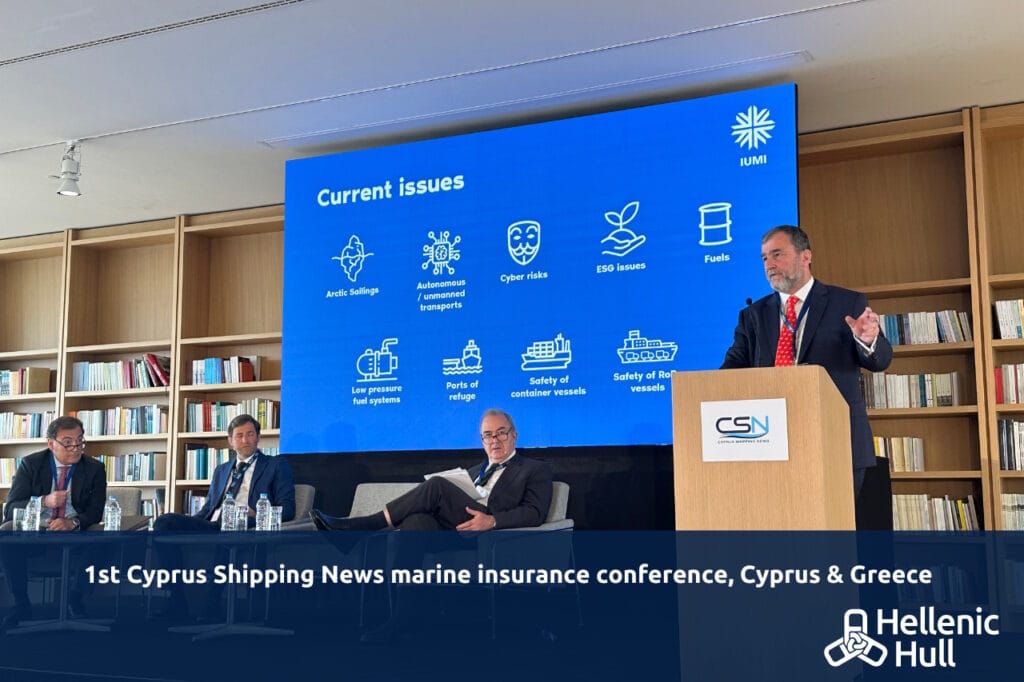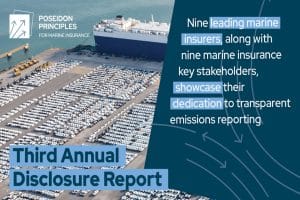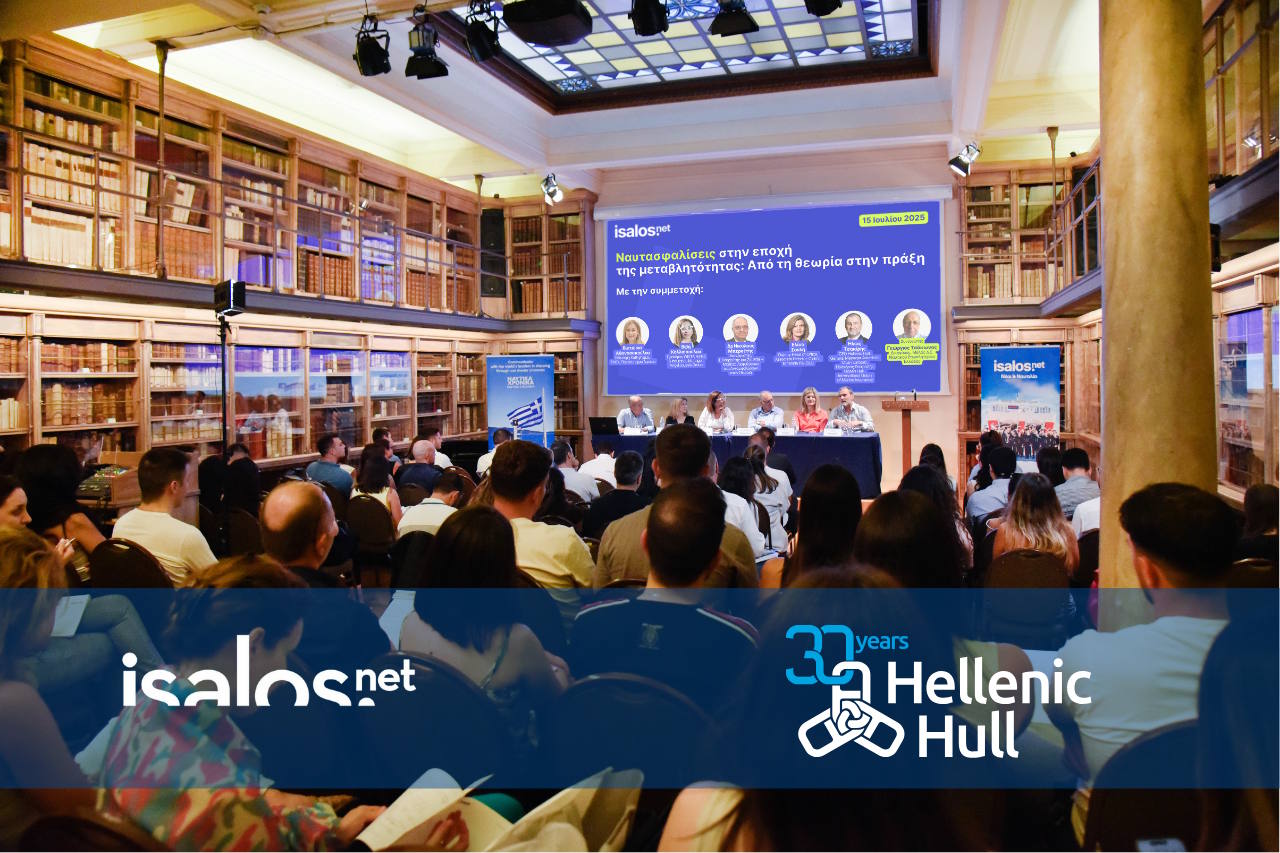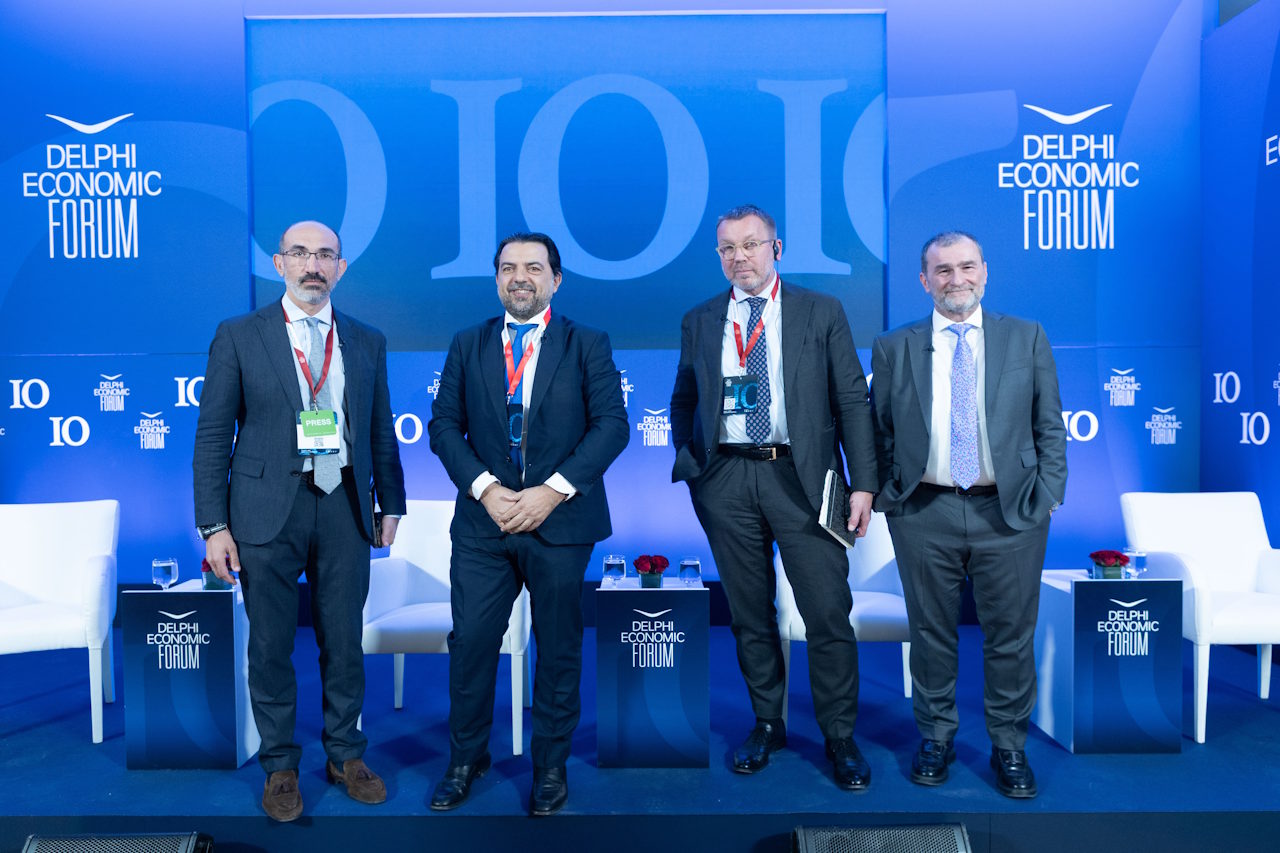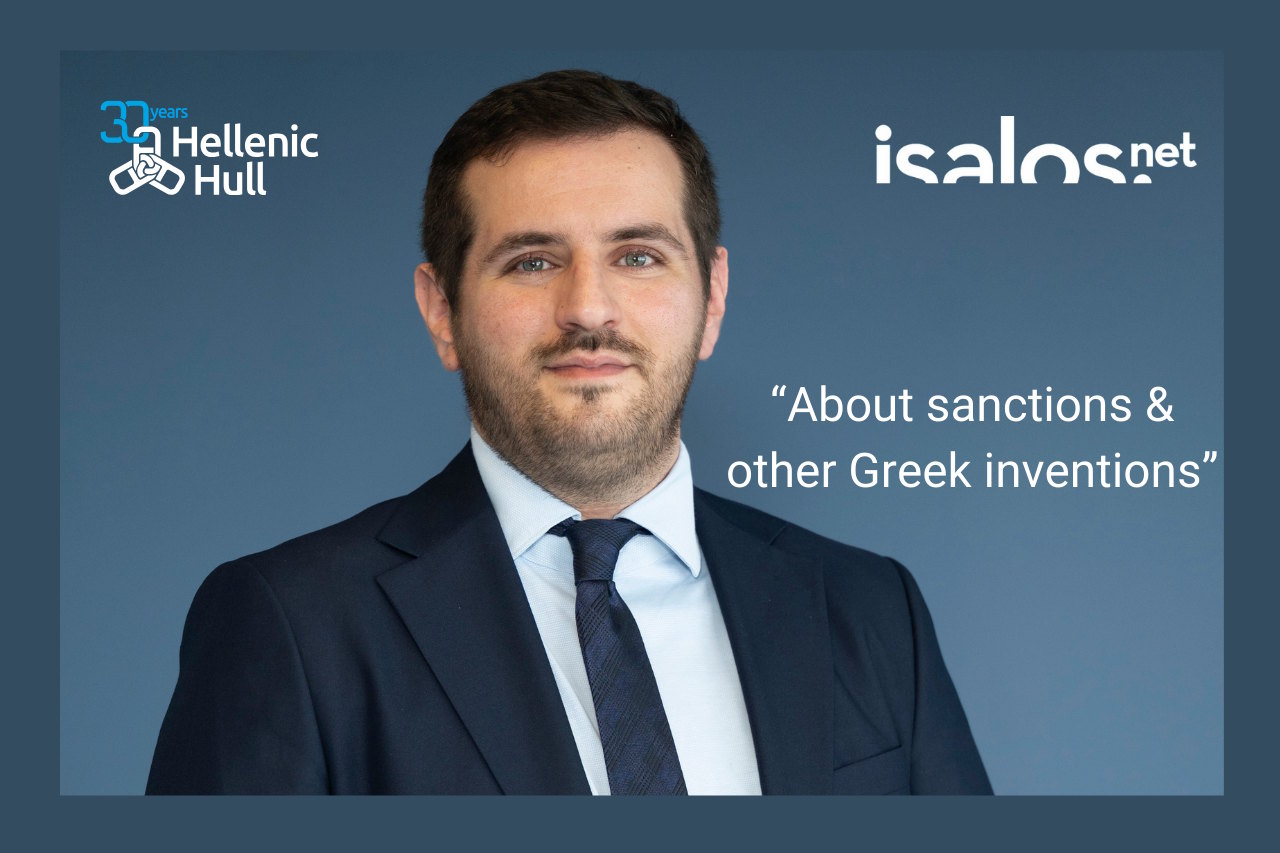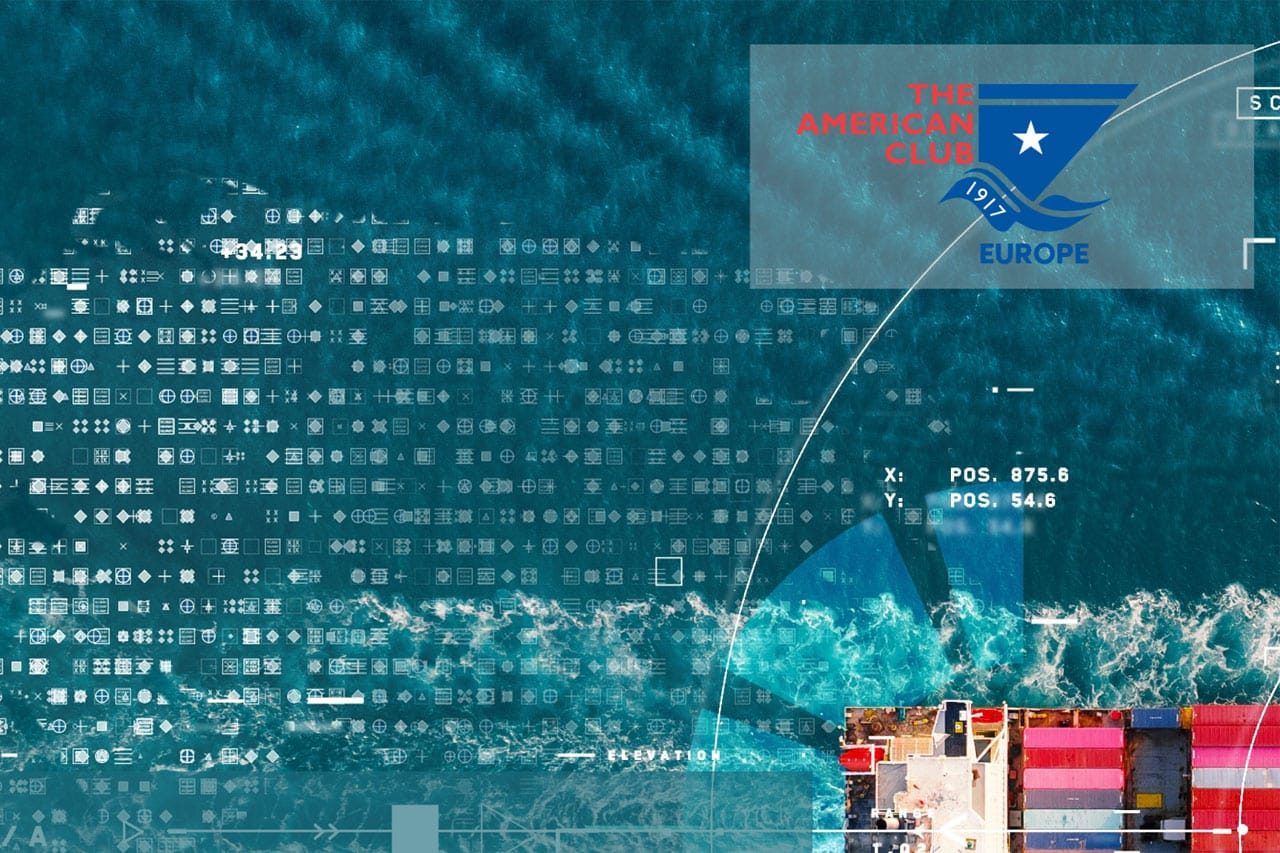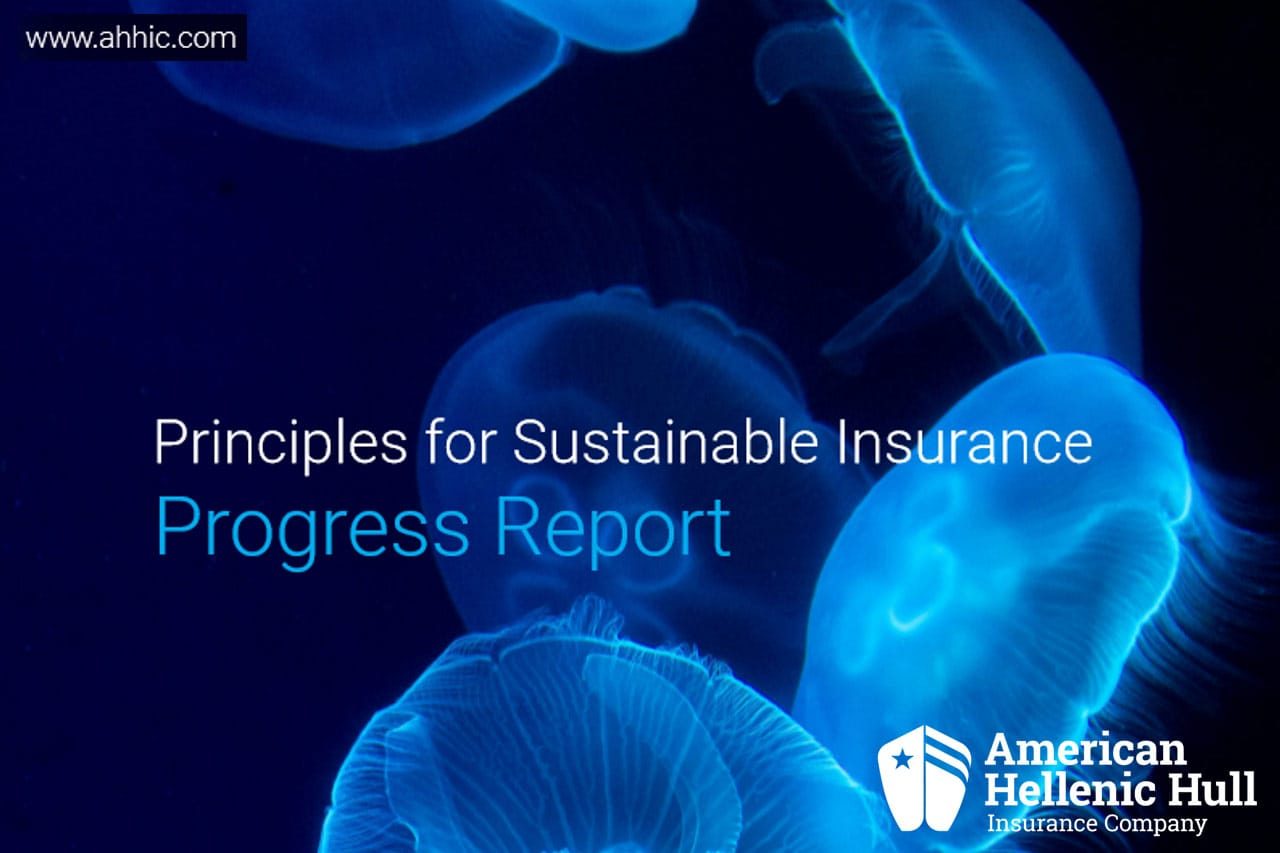In a panel discussion on “Navigating through pandemic, war, sanctions and regulation, Mr Tsakiris called for greater collaboration, transparency and accountability in order to mitigate a new series of risks arising from new regulations being imposed on shipping.
As Chair of IUMI’s Ocean Hull Committee, he updated the audience on the organization’s mission and policy agenda. Mr Tsakiris focused on major challenges facing marine underwriters, including arctic sailings, alternative fuels, ESG issues, as well as specific risks to container and RoRo vessels. During his presentation, he underlined that the shipping and marine insurance communities should attach great importance to crewing issues, taking into account that 80% of accidents can be linked to human responsibility.
Against a backdrop of increased inflation, today’s marine underwriters are facing a similar number of claims but claims have become more expensive compared with those prior to the pandemic. As far as the war in Ukraine is concerned, he mentioned that the market was preparing itself long before the commencement of the war. Worth mentioning is that on the 21st of April 2021, the Lloyd’s market was raising awareness on Ukraine, highlighting that the situation might escalate and the industry should be prepared for such an escalation.
Although the key priority of marine underwriters was the ships being blocked in the area, stranded vessels are not a new risk for us. As an industry we experienced similar cases during the Suez crisis in 1956, and during the Iran-Iraq war in 1984 that cost more than $1 billion in claims, Mr Tsakiris told the audience.
However, sanctions were an additional element in the equation of new risks and were extremely burdensome for underwriters. Mr Tsakiris questioned the ultimate effect of sanctions, saying that rogue states and the so-called ‘dark fleet’ appeared to be among the beneficiaries.
Insurers are becoming risk management partners for clients, partly due to the proliferation of new regulations and risks. To address these risks we should co-operate better, be transparent and accountable, concluded Mr Tsakiris.
